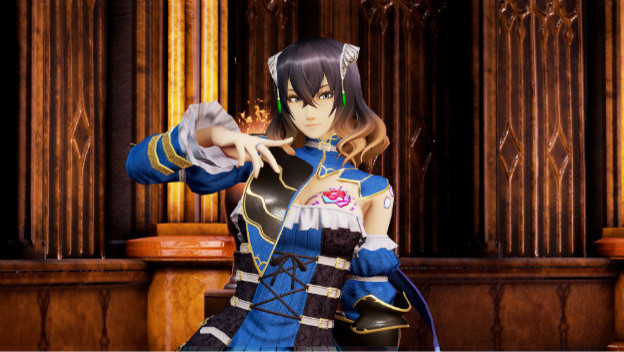I played Yooka-Laylee finally, and despite the middling reviews, wacky YouTube drama, and my PC not running it at optimal speeds, I liked it! It seems adorable, pretty, and more or less exactly as advertised in terms of gameplay. It’s a Banjo-Kazooie game made by a collection of ex-Rare guys, and that’s exactly what it feels like. So I got to thinking, does it matter what the critical reception is for games like this?
Here’s the thing about game criticism: it doesn’t and can’t evaluate a game in a vacuum. Criticism evolves and, by nature, has high expectations. You go into a review hoping to enjoy a game, nobody wants to trash something out of the gate, but it takes more to enjoy a game when you’re constantly going through them like it’s your job. Expectations were high, and maybe the whole Mighty No. 9 thing didn’t help.
What I’m saying is, Yooka-Laylee was probably doomed to mediocre review scores no matter what. You didn’t have people who were fans of this kind of game working on the next evolutionary step, you had the same exact people doing their thing. It’s like expecting the next big Kickstarter joint, Bloodstained , to be significantly different from the pile of likeminded Castlevania games from the same folks. It won’t be.
But so what? These games are coming to the gate with massive stacks of cash already in their pocket. When a game already makes several times its original funding goal, is it not already a success out of the gate? Unless it’s Actual Trash Garbage like the aforementioned Mighty No. 9 , the game has already broke even and all the goodwill from that should all just be icing on the cake. The review scores in this case aren’t actually that awful, and the response by the people who wanted this in the first place has been positive.
I’m not about to argue against the value of criticism and reviews, because these things are good and necessary. What I am wondering is, in what arena do these kinds of massively crowdfunded games exist, when the economic concerns may already be covered? Yooka-Laylee doesn’t even cost a full $60. If anything, the fast that it’s reviewing in the middle of the road may even help it, since it’s getting the exact kind of response that inspires curiosity.

The JonTron controversy mess might be a factor for some people, and I don’t doubt a few handfuls of people really mad about the situation pulled their Kickstarter contributions. But that number is quite low, because in a relative sense nobody actually cares that much about JonTron. The publicity may even boost sales, regardless of what angry people on the Internet think. Plus, it may balance out with reluctant parents who don’t feel comfortable buying a game with tangential ties to someone who yelled on YouTube about immigration damaging the American gene pool.
I’m thinking out loud here, and it’s a question I don’t expect to have an answer for anytime soon. Perhaps when Bloodstained comes out, we’ll have some more data to work with. After that, I’m not aware of more major “ex-Big Company wants to do the Thing again” type games. This could be a limited pool to draw from in the end. So let’s part here for now and all agree that Trowzer is a pretty solid gag character.
